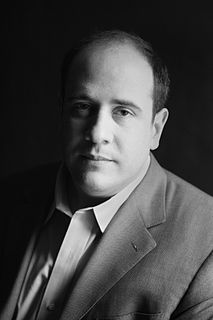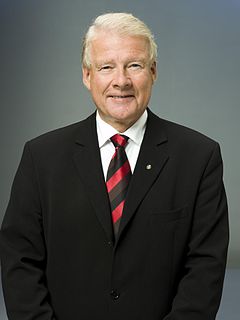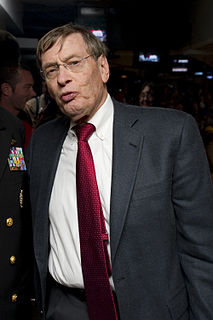A Quote by Samuel P. Huntington
Two significant developments in the past several decades have been the collapse of communism as an ideology and the general acceptance, in rhetoric, if not practice, of liberal democracy.
Related Quotes
In the 19th century it was basically nationality and people trying to define their nationalism and create states which would reflect their nationalism. In the 20th century, ideology came to the fore, largely, but not exclusively, as a result of the Russian Revolution and we have fascism, communism and liberal democracy competing with each other. Well that's pretty much over.
We're at a historical juncture: A growing number of people are declaring what has been achieved over the past decades in Europe to be wrong. They want to return to the nation-state. Sometimes there is even a blood and soil rhetoric that for me is starkly reminiscent of the interwar years of the past century, whose demons we are still all too familiar with.
Liberalism is fundamentally an ideology of liberation that has throughout history risen in protest against the totalitarian and anti-human movements of various kinds, such as communism and nazism. It is therefore natural that the Progress Party with its liberal base once again stands first in the line and takes up the fight when a new fascist ideology as Islamism is spreading throughout the world.
In this world which is losing faith in so called representative democracy, there are new developments in participatory democracy. These are very interesting developments, reflecting the revitalization of community power with a more and more active presence of minorities in political life, including the presence of women who are of course by no means a minority.


































